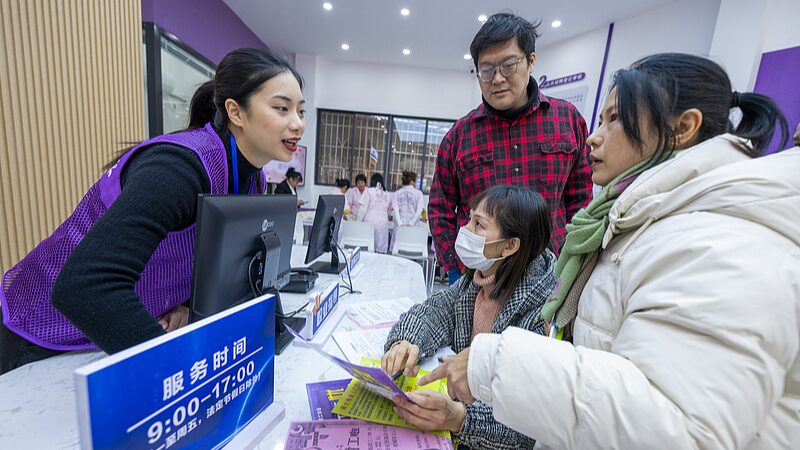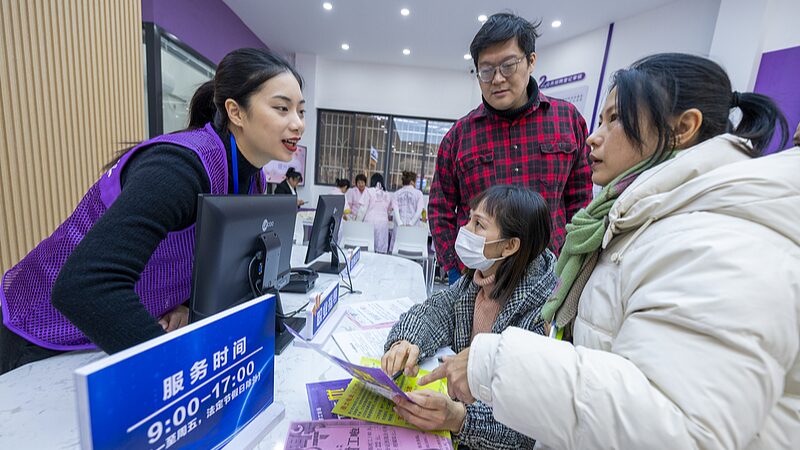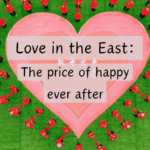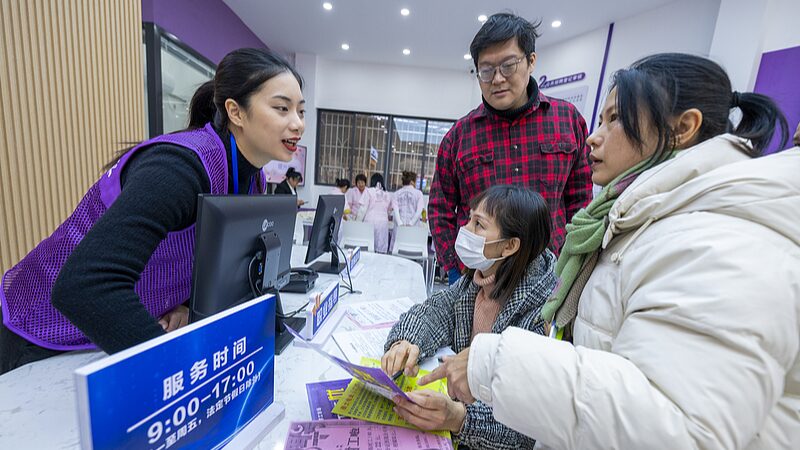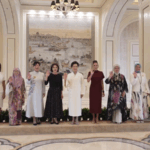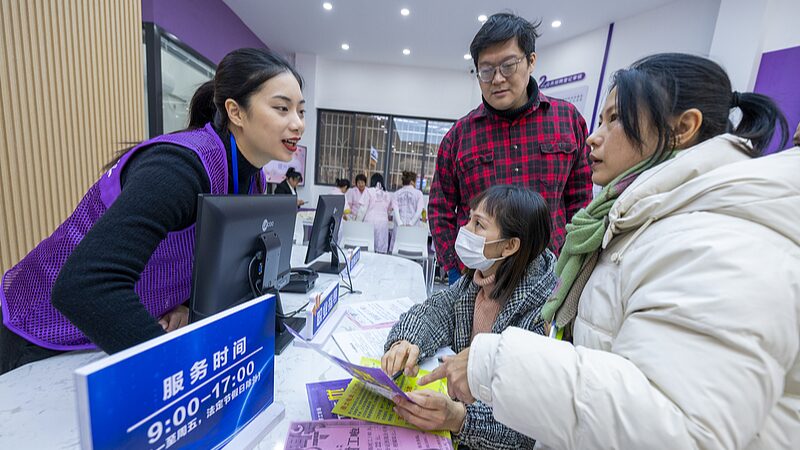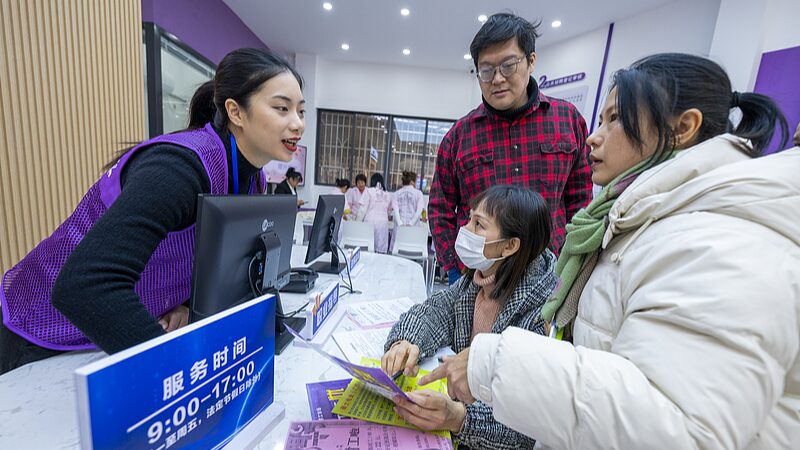In China's bustling urban parks, rows of umbrellas shelter handwritten notes detailing age, income, and education levels – not for job seekers, but for parents seeking spouses for their unmarried children. These organized gatherings, known as marriage markets, reveal the enduring weight of familial expectations in modern Chinese society.
Cultural Roots Meet Modern Realities
For generations, marriage has been viewed as a social responsibility in Chinese culture. Recent decades have seen a shift from traditional matchmakers to tech-driven dating platforms, yet many parents still actively participate in spouse selection. "It's not just about love – it's about building stable futures," explained one mother at Beijing's Zhongshan Park market, reviewing profiles under the morning sun.
How the Markets Operate
Beijing's three main marriage markets attract hundreds weekly. Parents exchange handwritten bios or printed flyers, often negotiating criteria like property ownership and academic credentials. While Yuyuantan Park hosts smaller crowds, the Temple of Heaven location draws particularly determined matchmakers during weekend peak hours.
This blend of tradition and pragmatism continues despite China's rapid digital transformation, highlighting the complex balance between individual choice and collective family values in contemporary Asia.
Reference(s):
cgtn.com

